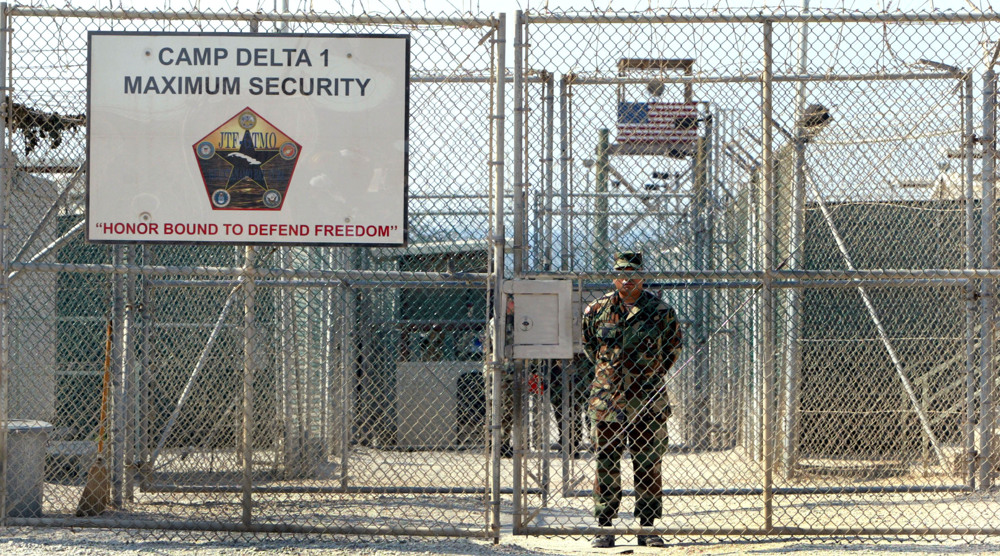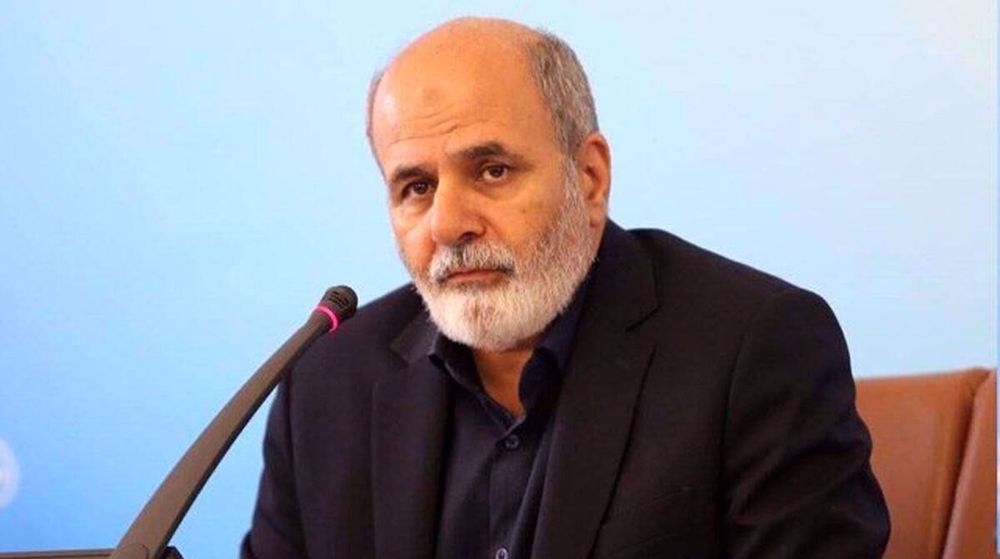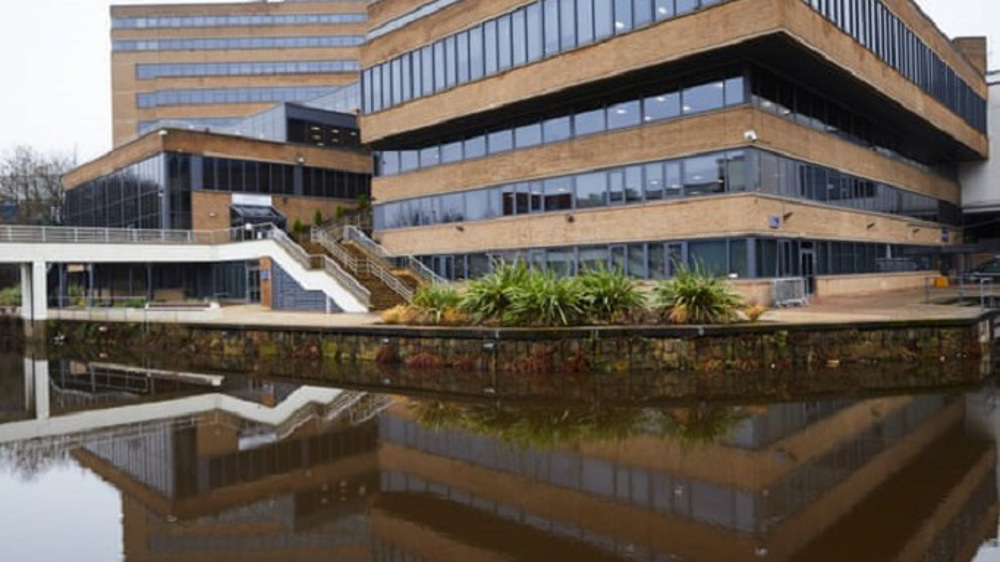UK MPs: Bahrain tortures dissidents in academy where British university runs course
Forty cross-party lawmakers and peers in the United Kingdom have called on the University of Huddersfield to close a master’s course it runs at Bahrain’s Royal Academy of Policing, after allegations that the Manama regime is torturing political dissidents in the same building.
The legislators, in a joint letter, told Huddersfield’s vice-chancellor, Bob Cryan, that the university is at the risk of “indirect implication in human rights abuse” through running an MSc in security science solely for officers of the academy, the Guardian reported on Friday.
The small Persian Gulf island country has seen anti-regime protest rallies over the past nine years. The major demand has been the ouster of the Al-Khalifah regime and the establishment of a just and conclusive system representing all Bahraini nationals.
However, the Manama regime, in return, has ignored the calls and is pressing ahead with its heavy-handed crackdown and persecution of human rights campaigners and political dissidents.
Furthermore, the Al-Khalifah regime has begun trying civilians at military tribunals since 2017, a move that has drawn widespread condemnation from human rights bodies and activists, and has been described as the imposition of an undeclared martial law across the country.
The Bahrain Institute for Rights and Democracy campaign group (Bird) last year said in a report that it had collected testimonies from 13 individuals arrested for political activism, who say officers abused them during interrogations in the Royal Academy of Policing where the Huddersfield course is being offered.
The rights group cited some of the victims that they were being electrocuted and beaten to their genitals. Four have reported sexual abuse.
The Guardian also reported the shocking experience of a Bahraini physician, who was granted asylum in the UK last year on the basis of his testimony about being tortured at the said academy.
“The academy is not a place of learning. It is a place of torture and human rights violation. The UK government must put restrictions on a British university training in such a place,” the doctor said, who asked to remain anonymous for fear of reprisals against his relatives in Bahrain.
He said that he was among more than 200 activists arrested and taken to nefarious Jaw Prison, across the road from the academy, after protest rallies in May 2017. He went on to say that he had been taken with other detainees to the academy on seven occasions to be interrogated and tortured, often through the night.
“I told the Home Office in my application for asylum that an officer said to me ‘See that water bottle we gave you to drink? You don’t deserve to drink it’. ... All of these things happened in the academy,” he added.
The unnamed doctor further said that officers at the academy also threatened to rape his mother and sisters in a bid to try to make him confess to participating in rallies.
Last month, Human Rights Watch (HRW) said that Bahrain’s human rights situation deteriorated dramatically in 2020 as the regime's authorities escalated repression against online and social media activists and critics with courts upholding death sentences against opposition figures.
HRW also pointed to the unsafe health and hygiene conditions in Bahrain’s overcrowded prisons, emphasizing that Bahraini authorities excluded opposition leaders, activists, journalists, and human rights defenders – many of whom are old and/or suffer from underlying medical conditions – from the list of 1,486 prisoners released last March due to COVID-19 outbreak.

US relocates 11 detainees from Guantanamo to Oman after over 20 years without charge

Bahrain says continues coordination with Iran aimed at rapprochement

Iran’s nuclear doctrine intact: Security chief
California's fires reminiscent of Israeli savagery in Gaza: Zarif
VIDEO | Press TV's news headlines
Israeli ministers discuss plot to divide Syria: Report
Pezeshkian felicitates Aoun on election as Lebanon’s president
VIDEO | Brutal murder of journalist in India prompts calls for justice
VIDEO | Iran unveils new AI drone in Great Prophet 19 military drills
110,000 Basij forces display defense capabilities in Tehran parade
VIDEO | Joseph Aoun elected as president of Lebanon









 This makes it easy to access the Press TV website
This makes it easy to access the Press TV website